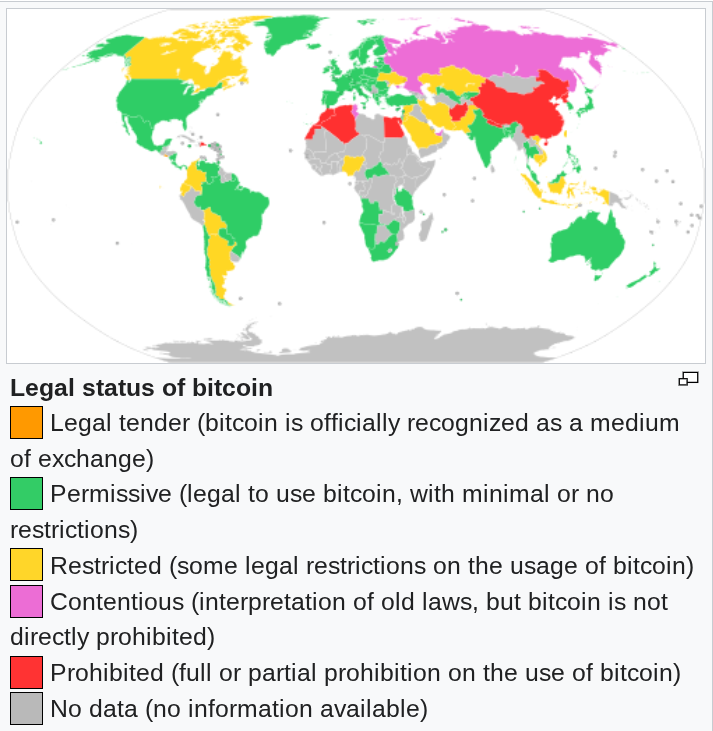
CryptoCity Isn’t the Victory You Think It Is
The President of Kazakhstan, Kassym-Jomart Tokayev, has announced the launch of a new innovation zone called CryptoCity during the plenary session of the Astana International Forum. Within this zone, cryptocurrencies will be allowed for payments – including goods, services, and real estate.
Tokayev believes this initiative puts Kazakhstan among the first nations to integrate digital assets into the real economy under full regulatory oversight. All innovations will be tested in a government-monitored sandbox. If successful, CryptoCity could serve as a model for other countries.
When I first discovered Bitcoin years ago, I remember reading a list of myths about it. One of them was: “Paying with Bitcoin is illegal.” The authors explained that in most countries, private exchange is legal – if you can legally swap a bottle of milk for a bottle of water, you can just as legally exchange Bitcoin for goods, services, or real estate. It’s simply a trade between private parties, as long as the assets involved aren't restricted like weapons or controlled substances.
But Kazakhstan’s example shows us that not all governments see it this way. Some believe that only what’s officially permitted, and only within designated zones, should be considered legal.
That’s a dangerous mindset. Don’t be misled! You may exchange your bitcoins not only for other cryptocurrencies (which you can always do at rabbit.io), but also for anything else – on a free and open market.
Of course, if your country has explicitly banned such transactions, then yes, it may be considered illegal. According to Wikipedia, Kazakhstan has such restrictions in place. So in this case, the president’s logic fits his jurisdiction.
But let’s hope this won’t become a global “model,” as Kazakh authorities suggest.













